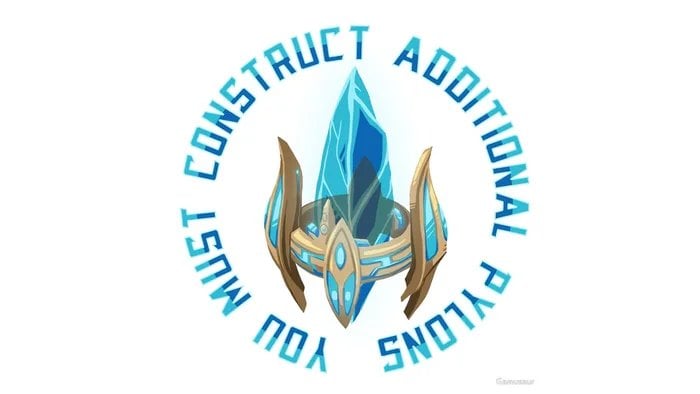You’re a prison abolitionist. You’re in a high stakes discussion where you have to answer seriously and be convincing.
Someone asks you : “yeah, but what are we to do with people breaking the law, then? What will you replace prisons with ?”
What will you answer?


Yeah. I gather you’re from the US.
I’m not telling you what to do.
Then why call it abolish prisons?
I see now that you’re trying trying to trigger an additional emotional response. Working on association, rather than logic. Such manipulation, especially, is something I would not want to be a part of. It’s vile.
You do you. I’ll just repeat my original statement: it also drives away people, who would otherwise agree.
Yes, but also the prison abolition movement is US specific. I’m not affiliated with it, to be clear - not that I oppose it or anything, but I certainly don’t speak for any of its activists.
Have you ever heard the quote “Shoot for the moon. Even if you miss, you’ll land among the stars?” “Abolition” is a goal, an ideal - and even if it isn’t accomplished fully, working toward that end goal and considering everything necessary to get there along the way is the point.
Along those lines, I posit that if 90% of prisons are torn down or repurposed and the remaining 10% are drastically changed - holding fewer prisoners; not being privately owned and operated; focusing on rehabilitation, like learning new job skills, when possible, and otherwise simply being more humane, then the prison abolition movement would have succeeded.
But if you disagree with the name, what would you call it? “Prison Reform” is already taken and means something drastically different.
And to be clear, for some the goal is to eliminate prisons entirely. The movement isn’t monolithic. Abolishing the “prison institution” as it exists today is a pretty common goal, though, and using “prison” to mean “the prison institution” is a pretty common literary technique called “Synecdoche,” which you likely use every day.
It’s a logical association, though. If the name evokes feelings of slavery, that’s a good thing, as the situation is similar enough to slavery to warrant that.
Slavery in the US is still legal (so long as the person is in prison). Black Americans are 5 times as likely to be in prison as white Americans. A black man born in 2001 has a 20% chance of being in prison at some point in his life.
The systemic oppression of black Americans is obviously because of racism, and the parallels between slavery and the prison institution aren’t accidental. For example, here’s a quote from Slavery and the U.S. Prison System:
Personally, I think the systemic sabotage of black people’s livelihood, communities, and families is vile, but you’re welcome to your opinion.